
- Shandong Loyal Industrial Co.,Ltd.
- SHORT-CUT PASTA PRODUCTION LINE LONG-CUT PASTA PRODUCTION LINE INSTANT PASTA PRODUCTION LINE
Home> Application> Revolutionizing Pasta Production: Full Automation and Energy Efficiency

Revolutionizing Pasta Production: Full Automation and Energy Efficiency
Introduction
Shandong Loyal Industrial Co., Ltd. has incorporated advanced technologies fromITALGI and FAVA in the production of its macaroni.Pasta manufacturing has long been a culinary art intertwined with traditional craftsmanship. However, as demands for efficiency and sustainability rise, there is a pressing need to revolutionize the production processes. The introduction of cutting-edge pasta manufacturing equipment is not merely an upgrade; it signifies a transformative shift towards full automation and energy efficiency.
In the current scenario, pasta production involves intricate manual processes, limiting the industry's capacity to meet growing demands. This article explores the imperative need for revolutionizing these production processes, paving the way for a new era in pasta manufacturing.

Full Automation in Pasta Manufacturing Equipment
Full automation in pasta manufacturing equipment refers to the integration of advanced technologies to perform tasks traditionally carried out by human hands. This goes beyond mere mechanization, incorporating artificial intelligence and robotics. The revolutionary impact of full automation extends beyond increased productivity; it reshapes the entire production landscape, enhancing precision, consistency, and overall operational efficiency.
The symbiotic relationship between full automation and energy efficiency is crucial. As machines seamlessly execute tasks, energy consumption becomes more optimized. This not only reduces operational costs but also aligns with sustainable practices, a key consideration in today's food industry.
Key Features of Full Automation and Energy-Efficient Systems
One of the defining features of full automation in pasta manufacturing equipment is precision. Automated systems ensure accurate measurement of ingredients and precise execution of each production step. This precision not only improves the quality of the final product but also minimizes wastage.
Energy-efficient systems contribute to sustainability by minimizing the environmental impact of pasta production. Incorporating energy-efficient technologies not only aligns with corporate social responsibility but also results in cost-effective operations. This dual benefit makes the adoption of full automation and energy-efficient systems a strategic move for pasta manufacturers.
Streamlining Operations for Maximum Efficiency
The integration of full automation streamlines pasta manufacturing operations, reducing reliance on manual labor. This leads to operational excellence as tasks are performed with consistency and efficiency. Manufacturers witness a significant reduction in errors and an increase in overall production output.
Measurable Improvements in Production Efficiency through Energy Efficiency
Energy efficiency further contributes to measurable improvements in production efficiency. Reduced energy consumption translates to lower operational costs, enhancing the overall profitability of pasta manufacturing. Manufacturers can track and quantify these improvements, demonstrating the tangible benefits of embracing automated and energy-efficient systems.

Cutting-edge Technologies in Pasta Manufacturing Equipment
The advancements in automation technologies for pasta manufacturing equipment are at the forefront of the industry's transformation. Robotics, machine learning, and smart sensors collaborate to create a seamless production environment. These technologies not only ensure precision but also facilitate adaptive manufacturing processes that respond to real-time demands.
Innovations Aligned with Energy-Efficient Objectives
Innovation in energy-efficient objectives involves the development of eco-friendly equipment and processes. From energy-efficient heating systems to optimized power consumption, these innovations contribute to a greener pasta manufacturing industry. Manufacturers embracing these technologies position themselves as industry leaders committed to sustainable production.
Case Studies: Success Stories of Pasta Manufacturers
To underscore the practical benefits of full automation and energy efficiency in pasta manufacturing, let's delve into some success stories from the industry. Several manufacturers have embraced advanced technologies, achieving tangible results and redefining standards.
Tangible Benefits and Achievements through Advanced Technology
Case studies reveal that manufacturers incorporating full automation witness a substantial increase in production capacity. Automated systems operate around the clock with minimal downtime, leading to higher yields. Simultaneously, energy-efficient practices contribute to a reduced carbon footprint, showcasing a commitment to environmental responsibility.

Future Horizons: Emerging Trends in Pasta Manufacturing Technology
Anticipated Developments in Fully Automated and Energy-Efficient Systems
The pasta manufacturing industry is on the brink of exciting developments, with emerging trends poised to further enhance automation and energy efficiency. Anticipated advancements include the integration of artificial intelligence for predictive maintenance, ensuring optimal performance and minimizing downtime. Additionally, innovations in sustainable energy sources may redefine how pasta manufacturing facilities power their operations.
As consumer awareness of sustainability grows, the pasta manufacturing sector continues to evolve. Future trends indicate a shift towards even more sustainable practices, from eco-friendly packaging solutions to water and waste reduction initiatives. Embracing these trends not only meets consumer expectations but also positions manufacturers as stewards of environmental conservation.
Recap of the Revolutionary Impact of Full Automation and Energy Efficiency
In conclusion, the revolutionizing of pasta production through full automation and energy efficiency marks a significant leap forward for the industry. The integration of advanced technologies not only enhances precision, speed, and operational efficiency but also aligns with sustainable practices. Pasta manufacturers embracing these changes are not just meeting current demands; they are shaping the future landscape of the industry.
As pasta manufacturers navigate the path of innovation, embracing automated and sustainable equipment is not just a choice; it's a strategic imperative. The future promises a dynamic landscape where efficiency and sustainability are not mutually exclusive but integral to success. By adopting the latest technologies and practices, pasta manufacturers can ensure a future of enhanced efficiency, reduced environmental impact, and continued relevance in a rapidly evolving market.
Contact Us

- Shandong Loyal Industrial Co.,Ltd.
- Telephone+86 13176674591
- Email[email protected]
- WhatsApp+86 13176674591
- WeChat13176674591
- AddressC623, Jiahui Global Plaza, No. 548, Beiyuan Street, Tianqiao District, Jinan City, Shandong Province
- Factory AddressADD -300m North of Zhangxia Industrial Park, Binhe Road, Zhangxia Town, Changqing District, Jinan
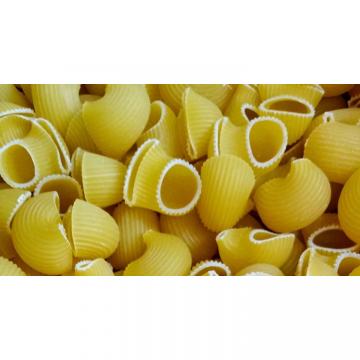

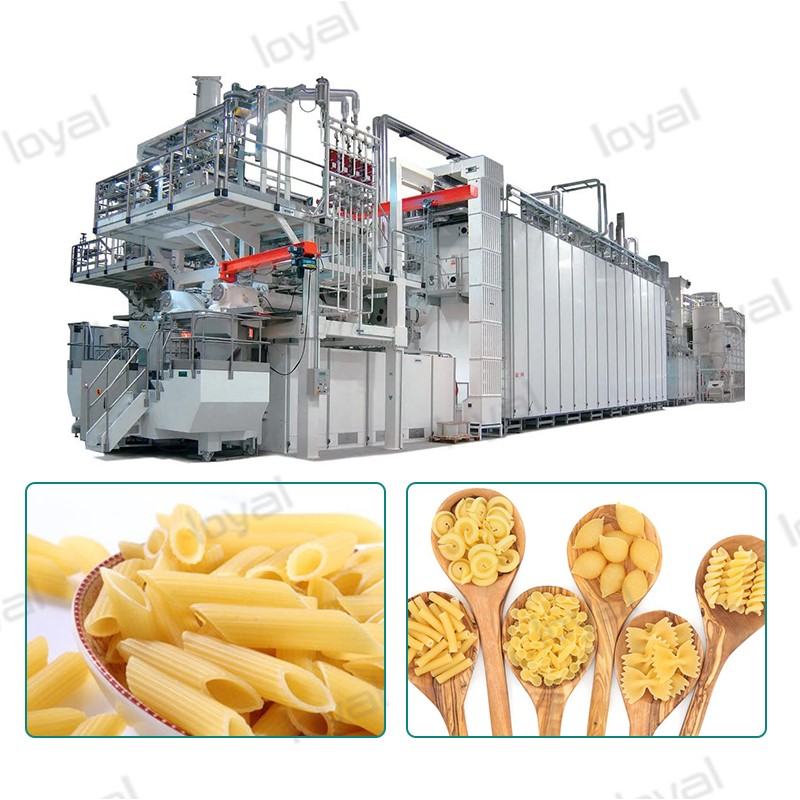

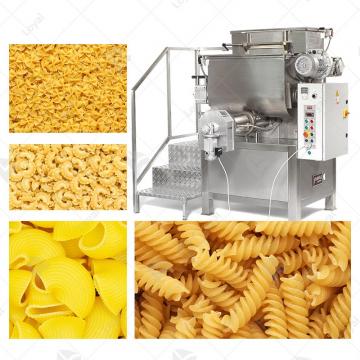
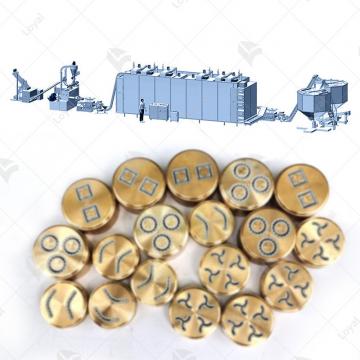 Macaroni Pasta Production Line
Macaroni Pasta Production Line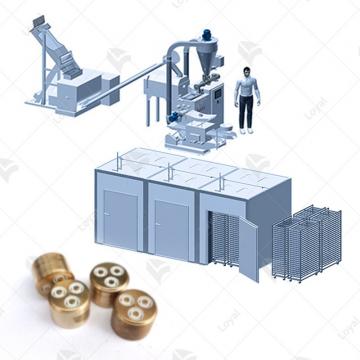 Combined Pasta Production Line
Combined Pasta Production Line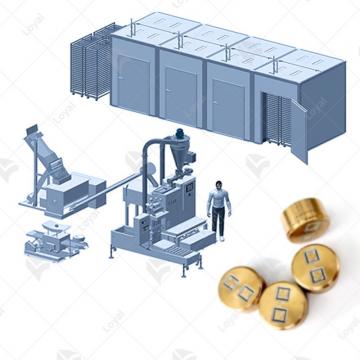 Combined Pasta Machine
Combined Pasta Machine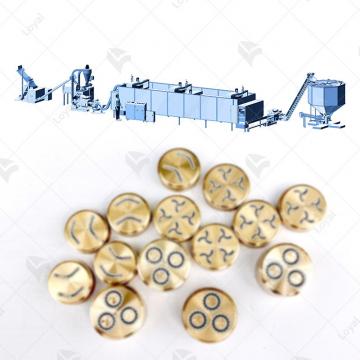 Pasta Processing Equipment
Pasta Processing Equipment